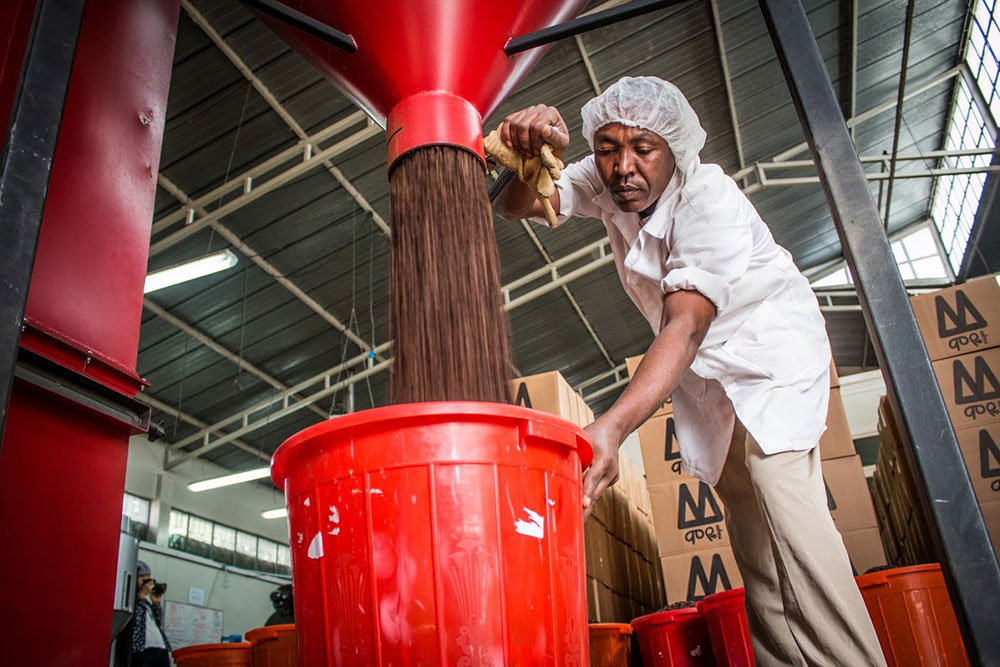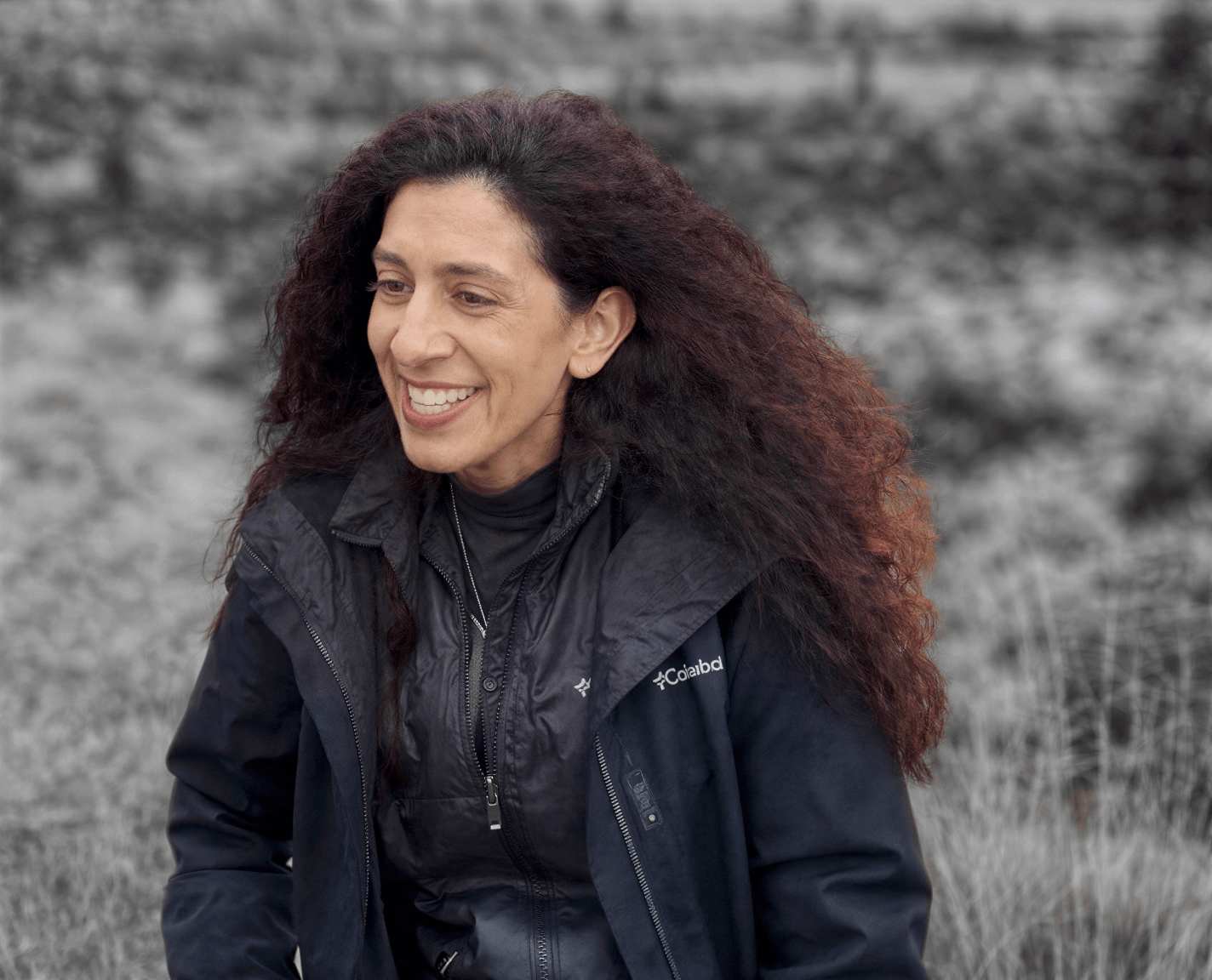Coffee is a commodity in crisis. A Rabobank report from November revealed that millions of farmers – mostly in Central America, east Africa and Southeast Asia – have been pushed into poverty as market prices fail to cover the cost of production.
The bank’s warning offered a stark reminder of the inequalities that exist within global value chains. Paradoxically, the coffee industry has never been stronger. The global market is predicted to grow by 5.5 per cent between 2019 and 2024, according to the research company Mordor Intelligence. Yet the people who grow and harvest the crop see precious little of the benefit.
“Coffee is like oil,” says Killian Stokes, co-founder of Moyee Coffee Ireland. “Our economy runs on it, we can’t survive without it, and yet the money rarely trickles down.”

Moyee has set out to change this by redesigning the entire business model for coffee. By developing local infrastructure, including a purpose built roastery in Ethiopia, its ambition is to keep at least half the value of a bag of coffee in the country of origin.
Currently the figure stands at around 33 per cent, three times the market average according to Stokes, but Moyee has calculated that up to 60 per cent of the value could ultimately stay in Ethiopia if all the roasting and bagging activity took place locally (some is currently located in the Netherlands in order to meet demand).
In developed economies, countries exploit their comparative advantage in producing certain commodities by adding value at source. “The French aren’t selling grapes to Shoreditch. In Ireland we don’t ship live cattle to England anymore, we’ve created our own billion dollar food industry,” says Stokes.
In coffee, the opposite is true. The price of a roasted Arabica bean is valued at around seven times the pod price of a green bean. Currently, 99 per cent of all coffee is roasted in the global north, but 100 per cent is grown in the global south in the so-called coffee belt that stretches from Mexico in the east to Vietnam in the west. Somewhere in the middle lies Ethiopia, where coffee is vital to the national economy, representing 30 per cent of total export value.

Moyee was the brainchild of Dutch social entrepreneur Guido Van Staveren who set about approaching coffee production in a radical new way. In collaboration with Ethiopian entrepreneurs and farmers, Van Staveren created the Moyee brand and built a roastery in Addis Ababa that meant local beans could be roasted and packed at source.
Stokes discovered Moyee in 2016 on a visit to Ethiopia with friend and business partner Shane Reilly. Both men had travelled extensively across Africa and South America and had become disheartened at stories of local coffee farmers still struggling to earn enough income to support their families despite the emergence of models including Fairtrade in recent decades.
“Farmers are still poor – [Fairtrade] puts a couple of extra pence in their pockets but it doesn’t lift them out of poverty,” says Stokes.
In response, a spokesperson for the Fairtrade Foundation said: “In conventional trade, commodity prices are incredibly volatile and combined with climate change, millions of farmers and workers in the Global South are desperate, working in gruelling conditions and trapped in cycles of debt they can’t escape.
“In the case of coffee, which has crashed to below $1 dollar per pound on the general market over the past few years the Fairtrade coffee prices has offered vital protection, paying farmers 60 per cent more for Arabica with investment for communities on top.”
But while he’s not critical of the Fairtrade model, Stokes believes restructuring the coffee supply chain would do more to tackle inequality.
“They’ve attempted to change what farmers earn by paying premiums but they haven’t necessarily gone in to reform those industries. In the case of coffee they haven’t gone in and asked ‘why is all the coffee roasted in the west?’” he says.

“The coffee goes through maybe 15 pairs of hands before you and I drink it, so the question you need to ask is why does it need 15 pairs of hands when maybe it only needs three or four pairs of hands and more of those pairs of hands can be back in the country of origin.”
Moyee’s farmers and roastery workers are paid a 20 per cent premium on market rates and the company is investing in local infrastructure to allow them to add value to their own crop, with the ultimate aim of transferring ownership to the farmers.
A washing station has been purchased and a storage facility is in the process of being built that allows the cherries to stay stored for 6-12 months, meaning farmers can sell when market prices are highest.
Farmers do not have to pay to use the facilities; they sell their cherries to the washing station, which then sells beans on to the roastery. Half of the profits from this process go to the farmers as additional bonuses, while the other half is invested back into the washing station for training and equipment.
One argument for the Fairtrade model is that price and other benefits are not controlled by the buyer, and farmers are protected from unequal supplier relations via a neutral third party. Stokes says he “accepts this as a challenge” but argues that digitising the supply chain will bring real transparency and ultimately, accountability.
In a process known as ‘blockchain’, Moyee customers, who include Groupon and Greenpeace, will soon be able to scan a QR code and follow the journey of the coffee to their cup through pictures, facts and figures. More radically, it will let them see the value captured by every person involved in the process.
“We’ve got to collectively figure out a way to give farmers more power and I think that is by enabling farmers to acquire and control more of the assets and to be selling a more sophisticated product,” he says. “Ultimately, farmers in Ethiopia and other countries should own their own roasteries and be growing and roasting coffee and then selling that to brands in the west, or set up their own distribution channels and brands.”










The use of coerced or slave-like labour is another factor in chronically low bean prices, and nowhere is this more prevalent than in Brazil, where it may in fact be the norm. Consumers and Direct Traders should consider a boycott of all non-DT Brazilian coffee, to add to the local boycott of Bolsonaro-friendly businesses.
Argh! Tried to buy some at moyeecoffee.co.uk but their website says I have no valid payment mechanism 🙁
I’d love to try it.
There is also another coffee company based in Holland who ship their coffee by sail – now that would be a great partnership